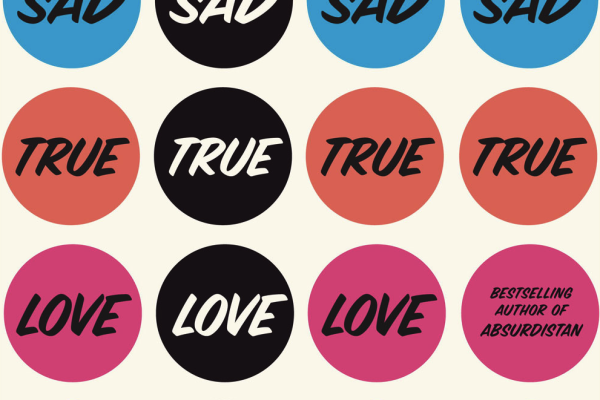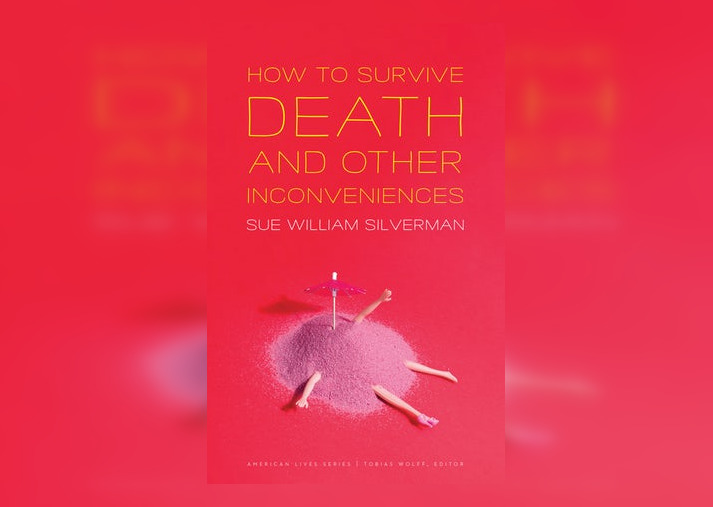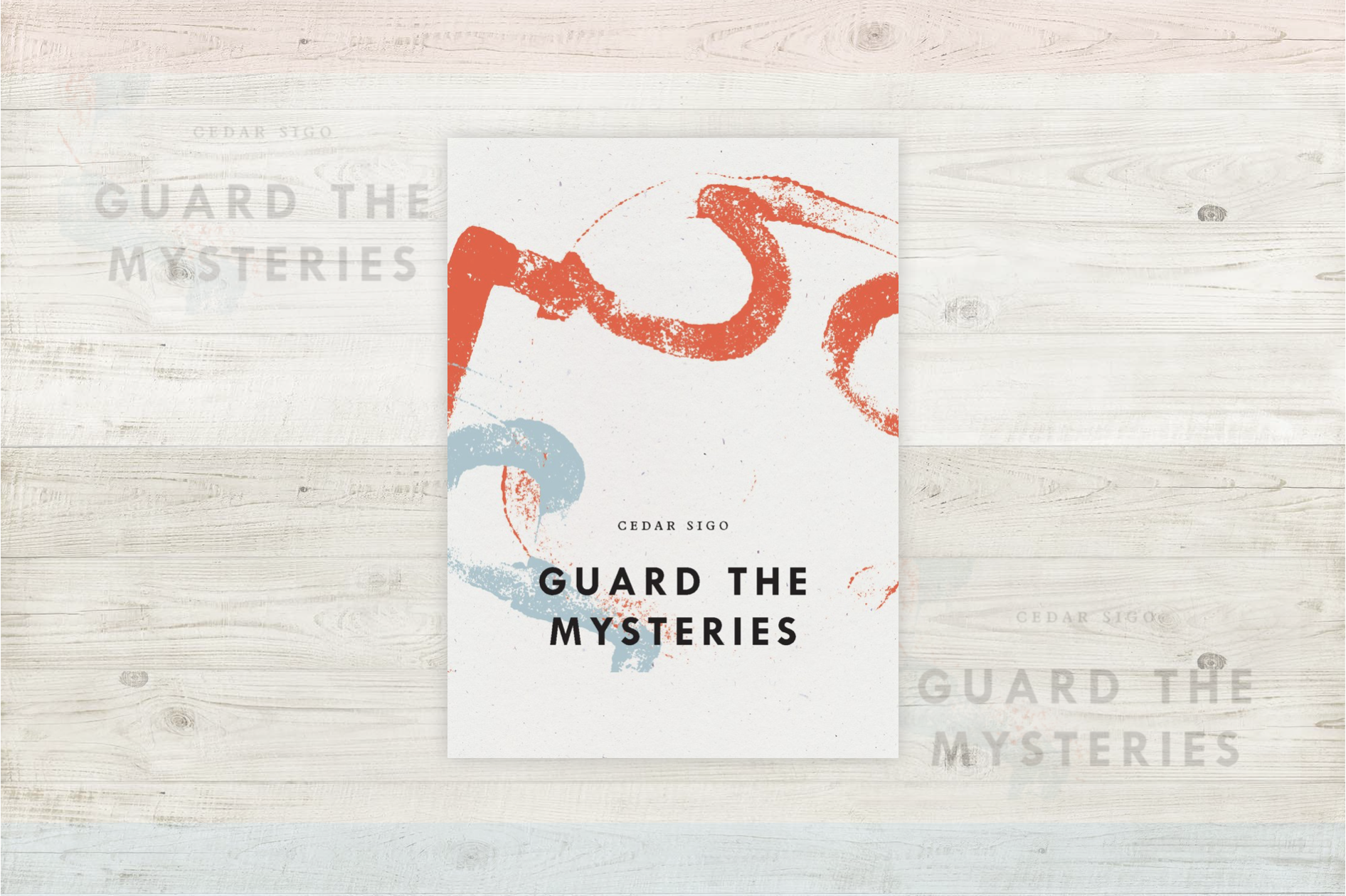
Modern readers today are so skeptical, even mistrustful, that they need multiple testaments to a story that is made-up
Making my way through my summer reading list of 2010’s greatest hits–– Super, Sad True Love Story (Gary Shteyngart), A Visit From the Goon Squad (Jennifer Egan) and Freedom (Jonathan Franzen)––I noticed an undeniable structural pattern. Rather than telling stories the“old- fashioned” way, a consistent forward-moving narrative revealed from a single protagonist, these books present their stories from multiple vistas, shifting first person accounts, retelling the same event via alternate realities. They are like various witnesses testifying to the same imaginary crime.
Will Blyth from The NY Times Book Review called Egan’s book a “wild relay race” because each character is handed the microphone and the opportunity to tell their version of the story. Does this somehow make the plot more believable, or, using a term more relevant to contemporary culture, more “real”? Perhaps modern readers today are so skeptical, even mistrustful, that they need multiple testaments to a story that is made-up.
Shteyngart’s love story bounces back and forth between two lovers’ POV like a tennis match. No longer is our effect on those we love the material of our day-dreams. In Shteyngart’s book we know for certain how he/she feels because he/she has told us so. What is it about the time we live in that makes us crave that certainty? I can’t help but think it’s somehow linked to the contemporary obsession with demarcating the “real” from the “unreal.” In what we’ve seen of reality TV, an infatuation with celebrity personal lives, and the recently popular genre of Creative Non-fiction, the facts are increasingly important to us.
In Franzen’s latest Freedom, the reader is whipped around from various rotating third person narratives. It’s OK if we don’t really like, empathize or identify with one character because we’re done with them at the end of the chapter. There’s no loyalty or commitment in Franzen’s fluttery novel, which makes for a kind of Chat Roulette, OK Cupid-style reading experience.
We live in an era of multiple, often conflicting, narratives mingling in coexistence: John Stewart and Glen Beck, Facebook and Google+. Perhaps it is decision itself that we’ve come to loath. These novels seem to say, what if we didn’t have to decide? What if both were true? What if we lived in a world where we knew everything and everyone was right? What if all of our seemingly distant, preoccupied, unconnected worlds fit together and made some kind of sense? It’s a nice, and very fictional, thought.




